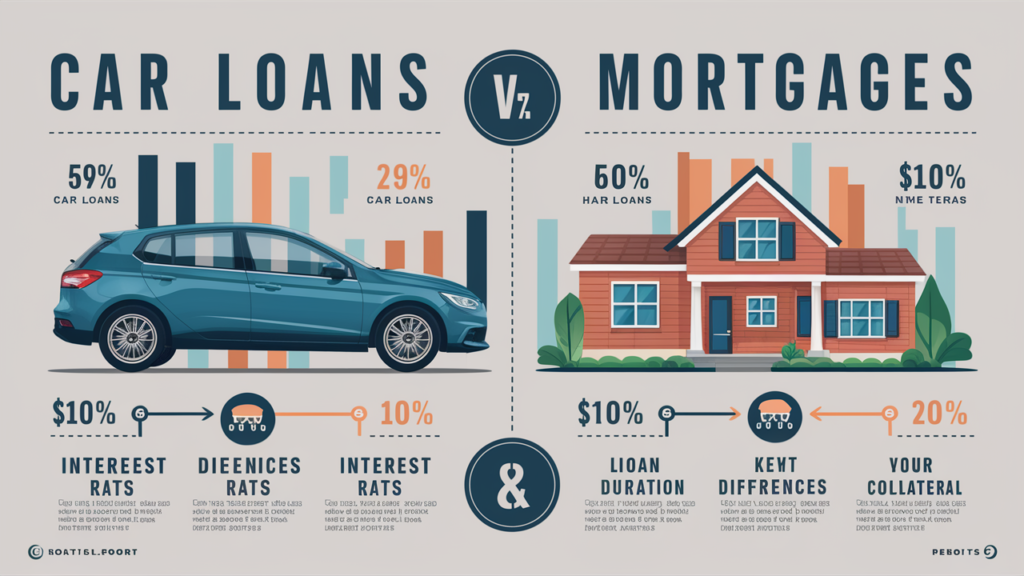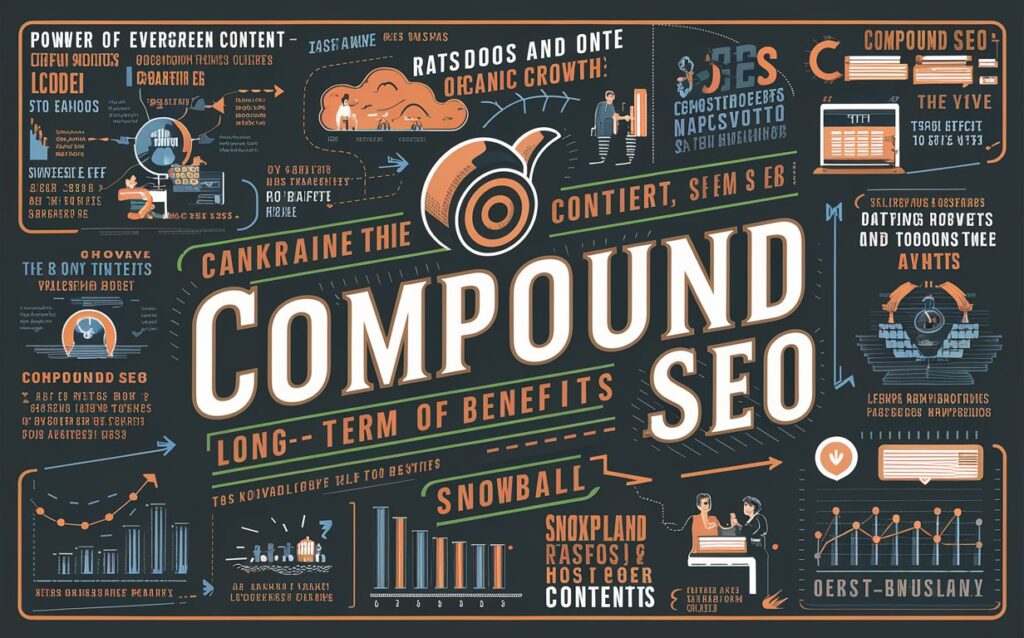personalized service than those from traditional banks. As member-owned institutions, credit unions return profits to members, resulting in better loan terms and more flexible approval criteria.
What’s The Difference Between Banks & Credit Unions?
| Banks | Credit Unions | |
| Ownership and Purpose: | Privately owned or public corporations focused on generating profits for shareholders. They offer services to the general public, aiming to maximize shareholder wealth. | Member-owned financial cooperatives. Their primary aim is to serve their members, providing financial services at the best possible terms. |
| Customer Service: | Typically, banks offer a wider range of services and products but may lack the personalized customer service that comes with smaller institutions. | Known for their strong customer service, credit unions often provide more personalized attention to their members. |
| Rates and Fees: | Generally, banks may offer lower interest rates on savings accounts and higher rates on loans and credit cards. | Since they’re not-for-profit, credit unions often provide higher interest rates on deposits and lower rates on loans and credit cards. |
| Access and Technology: | Offer extensive branch and ATM networks nationwide. They are often at the forefront of banking technology, providing robust online and mobile banking services. | While they may have fewer physical locations, many credit unions are part of nationwide ATM networks. Technological offerings can vary, but many credit unions have made significant strides in providing competitive online and mobile banking solutions. |
Understanding these differences helps consumers decide where to entrust their financial needs, balancing personal service and convenience with rates and fees.
What’s the Process For Auto Loans Through Credit Unions?
Securing an auto loan through a credit union involves a straightforward process designed to benefit its members. Here’s how it unfolds:
- Apply For A Loan: The journey begins with the loan application. Members must submit a formal request online, in person, or over the phone. This step involves sharing personal information, details about the vehicle you intend to purchase, and financing needs.
- Provide Proof Of Insurance: Credit unions require proof of auto insurance as part of the loan approval process. This ensures that the vehicle, which serves as collateral for the loan, is protected against accidents, theft, and other damages.
- Show Proof Of Income: Credit unions will request proof of income to assess your ability to repay the loan. This could be recent pay stubs, tax returns, or other financial documents verifying your income level and stability.
- Finalize Your Loan: Once the previous steps are satisfactorily completed, the credit union will finalize the loan details. This includes confirming the loan amount, interest rate, repayment schedule, and additional terms and conditions. If you agree, the loan is approved, and you can proceed with purchasing your vehicle.
This member-centric process emphasizes transparency and support, ensuring members receive competitive rates and terms tailored to their financial situation.
How Do Auto Loans from Credit Unions Work?

Auto loans from credit unions offer a member-focused approach to financing a vehicle purchase. Here’s a concise breakdown of how they work:
Eligibility and Application
| Membership Requirement | To access an auto loan, one must be a member of the credit union, which typically involves opening an account and making a small deposit. |
| Loan Application | Members apply for a loan by providing personal details, information about the vehicle, and financial data. Credit unions review credit history and financial stability as part of this process. |
Loan Approval and Terms
| Competitive Interest Rates | Credit unions are known for offering lower interest rates compared to traditional banks, thanks to their not-for-profit status. |
| Flexible Terms | Loan terms, including repayment periods and down payment requirements, are often more flexible, tailored to suit the member’s financial situation. |
Member Benefits
| Personalized Service: | Credit unions stand out for their member-centric service, offering guidance and support throughout the loan process. |
| Additional Perks: | Members might also benefit from lower fees and additional discounts, enhancing the overall value of securing an auto loan through a credit union. |
Auto loans from credit unions embody a blend of competitive rates, flexible terms, and personalized service, making them an attractive option for members looking to finance their next vehicle.
Advantages and Disadvantages of Auto Loans from Credit Unions
Credit unions are unique financial institutions that can offer attractive auto loan options, but like any financial service, they come with their own set of advantages and disadvantages.
| Advantages | Disadvantages |
| Competitive Interest Rates | Membership Requirements |
| Flexible Loan Terms | Limited Accessibility |
| Personalized Customer Service | Technology and Services |
| Lower Fees | Restricted Product Range |
| Community-Focused | Potentially Longer Processing Times |
| Easier Loan Approval | Limited Financial Education Resources |
Advantages
- Competitive Interest Rates: Credit unions, thanks to their not-for-profit status, often offer lower interest rates on auto loans than their bank counterparts. This can lead to substantial savings over the life of your loan.
- Flexible Loan Terms: Credit unions understand that everyone’s financial situation is different, so they typically offer more flexibility in loan terms, making it easier for members to find a payment plan that fits their budget.
- Personalized Customer Service: Credit unions focus on serving members rather than maximizing profits, so they usually provide a more personalized, attentive customer service experience.
- Lower Fees: In addition to lower interest rates, credit unions often have lower fees for loan processing and other associated costs, further reducing the overall expense of obtaining an auto loan.
- Community-Focused: Being local institutions, credit unions often better understand their community’s needs and can tailor their services and products accordingly.
- Easier Loan Approval: Credit unions may have more lenient lending criteria than banks, making it easier for individuals with less-than-perfect credit to get approved for an auto loan.
Disadvantages
- Membership Requirements: One of the primary barriers to getting an auto loan from a credit union is the necessity of membership, which is typically based on specific affiliations or geographic location.
- Limited Accessibility: Credit unions might have fewer branches and ATMs than banks, which could be less convenient for members who travel or don’t live near a branch.
- Technology and Services: While many credit unions are making strides in digital banking, they may still need to catch up to larger banks regarding online services and mobile banking technology.
- Restricted Product Range: Credit unions may offer a smaller range of loan products and financial services than larger banks, potentially limiting your options for other financial needs.
- Potentially Longer Processing Times: Due to their smaller size and focus on personalized service, some credit unions might have longer processing times for loan applications than larger banks’ automated systems.
- Limited Financial Education Resources: While some credit unions offer exceptional customer service, they may need to provide a different level of financial education and resources than larger banks, which can be a drawback for individuals seeking to learn more about managing their finances.
Credit union auto loans offer notable benefits, such as lower rates, personalized service, and easier approval processes. However, potential members should consider the limitations, including membership requirements, limited accessibility, and the range of services offered. Balancing these factors will help you decide if a credit union auto loan aligns with your financial needs and circumstances.
How long does it take to get approved for a car loan from a credit union?

Approval times for car loans from credit unions can vary but are typically swift, ranging from instant decisions to a few business days. The exact timeline depends on the applicant’s readiness and the credit union’s processing speed.
Securing a car loan through a credit union involves a process that is both efficient and member-centric. Here’s what to expect in terms of timing:
Initial Application
- Submission and Review: The first step is applying for the loan, which can often be done online, in person, or over the phone. Credit unions typically review applications promptly, focusing on the member’s creditworthiness, income, and the vehicle’s details.
Approval Process
- Speedy Responses: Due to their smaller size and member-focused approach, credit unions are often able to make faster decisions on loan applications than larger financial institutions. Approval can sometimes be as quick as the same day or may take a few business days, depending on the complexity of the application and the credit union’s policies.
Finalization and Funding
- Quick Turnaround: Finalizing the loan and disbursing the funds can be remarkably swift once approved. Many credit unions aim to complete this process within 1 to 2 business days, ensuring members can purchase their vehicles without unnecessary delays.
Factors Influencing Timing
- Member Preparedness: The speed of approval often depends on how quickly a member submits all required documentation, including proof of income and insurance.
- Credit Union Efficiency: Individual credit union policies and workloads can also impact the timeline, with some offering instant approvals for well-qualified members.
Overall, getting approved for a car loan from a credit union is generally a quick and straightforward process, often taking a few days from application to funding. This efficiency, combined with a personalized approach, makes credit unions an attractive option for auto financing.
The Bottom Line
Auto loans from credit unions stand out for their competitive interest rates, flexible terms, and member-focused service. These institutions prioritize their members’ financial well-being, offering a more personalized loan process. Credit unions provide a distinctive advantage in auto financing, whether it’s lower costs, customized repayment plans, or supportive guidance. They make them appealing to individuals seeking a blend of value and personalized care in their vehicle purchase journey.
FAQs
What is a credit union auto loan?
A credit union auto loan is financing provided by a credit union, a member-owned financial cooperative, to purchase a new or used vehicle. Unlike banks, credit unions often offer lower interest rates and fees because they operate to serve their members rather than to earn a profit. Membership eligibility for a credit union can be based on where you live, work, worship, or other associations.
How do I qualify for a credit union auto loan?
To qualify for an auto loan from a credit union, you typically need to be a member first. Membership criteria, including geographic location, employer, or affiliations with certain groups, can vary. Once a member, you’ll need to apply for a loan, which usually involves a credit check, proof of income, and sometimes a down payment. Your credit score, income, and debt-to-income ratio will influence your loan approval and terms.
What makes credit union auto loans different from bank loans?
Due to their non-profit status, credit union auto loans often have lower interest rates and fewer fees than bank loans. Credit unions are member-focused, which means they may offer more personalized service and flexible loan terms and be more willing to work with members with less-than-perfect credit. Additionally, profits from loans go back to members through lower fees and better rates on savings and loans.
Can I refinance my auto loan with a credit union?
Yes, many credit unions offer the option to refinance existing auto loans, which can be beneficial if you’re looking to lower your interest rate, reduce your monthly payment, or change the loan term. To refinance with a credit union, you’ll need to become a member if you still need to become one, and the same factors, like your credit score and income, will affect your refinancing terms.
Are there any fees associated with credit union auto loans?
While credit unions are known for lower fees, some may still charge for auto loan processing, late payments, or prepayment penalties. Before finalizing the loan, it is essential to read the loan agreement carefully and ask about potential fees. These fees can vary widely between credit unions, so comparing offers is a wise strategy.
How do I apply for an auto loan at a credit union?
To apply for an auto loan at a credit union, you first need to be a member, which may involve opening an account and making a small deposit. Once you’re a member, you can apply for an auto loan online, in person at a branch, or sometimes directly at the dealership if the credit union has a partnership with them. You’ll need to provide personal information, proof of income, details about the vehicle you intend to purchase, and possibly a down payment. The credit union will then review your application and credit history to determine your eligibility and offer you loan terms.












